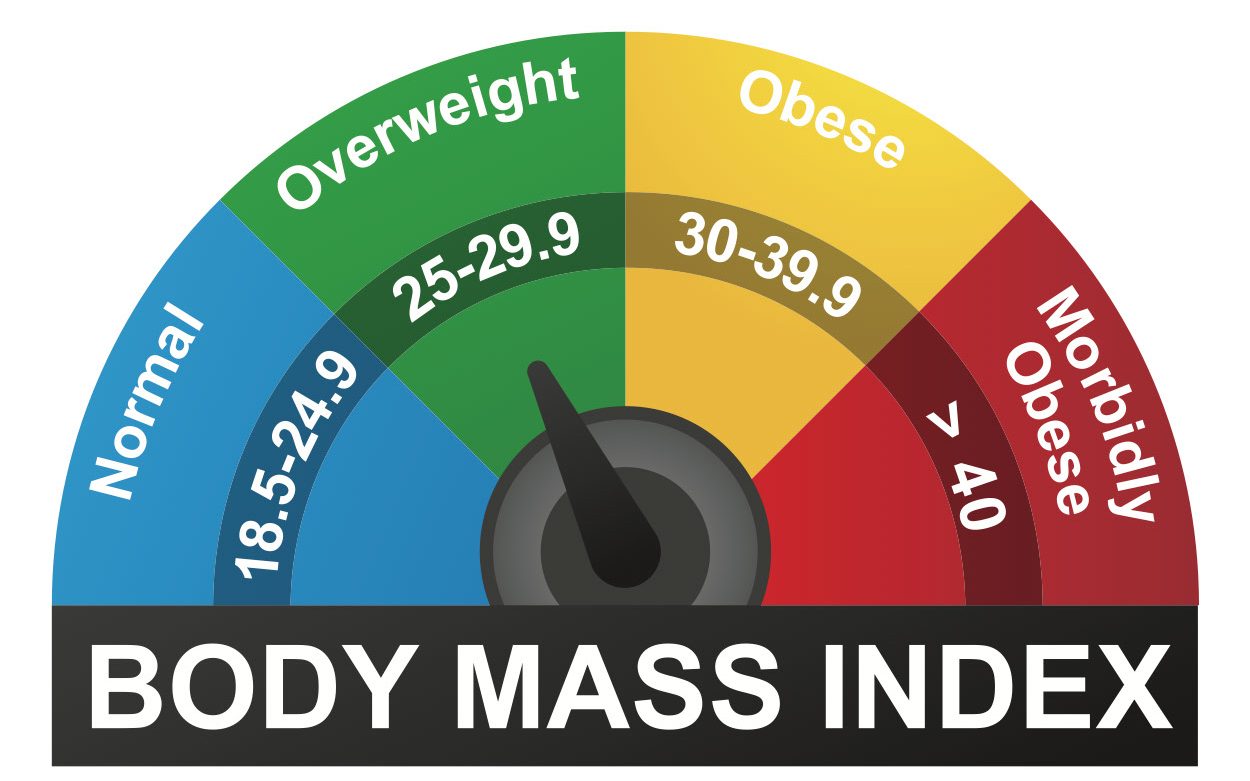Reproductive health is a crucial aspect of overall well-being for both men and women. However, discussions and awareness about reproductive health have often focused more on women’s issues, leaving men with limited knowledge and understanding of their own reproductive health. It is equally important to pay attention to men’s health. Men’s reproductive health is crucial for fertility, sexual function, and overall health. After knowing about this, men will be able to talk confidently about their reproductive health and make the right decisions for a healthy lifestyle. To bridge this knowledge gap, it is important to shed light on the essential things that men must know about their reproductive health.
STI screening

Sexually transmitted infections or diseases (STIs or STDs) have a profound impact on men’s reproductive health. As they lack symptoms, people usually may not realise they have acquired STIs or STDs. Diseases such as HIV, Syphilis, Chlamydia, Gonorrhea, and Herpes can cause severe complications in the reproductive organs. Infertility is a possibility as a result of this. It is essential to periodically undergo STI screening in order to maintain reproductive health.
Semen analysis
Men’s sperm is examined in the laboratory during semen analysis. It is also known as a sperm count test, wherein many factors are studied, such as the number, shape, and mobility of sperm.
Semen also has an important role in reproductive health, so get a semen analysis done to detect if there are any male fertility issues.
Healthy weight

Maintaining hormonal balance in the body is important for healthy sperm count. Being overweight or obese affects the quality of sperm. This can cause fertility problems. Men should keep their body mass index (BMI) between 18.5 to 24.9.
Take care of diseases
It’s crucial to understand your medical condition and get treatment to maintain healthy reproductive health. Infertility is also impacted by diabetes, thyroid problems, autoimmune illnesses, and genetic issues.
Healthy diet

Men need to follow a healthy diet only. The effect of diet is also seen in the fertility of men. A well-balanced diet includes all the vital nutrients that help to improve the good sperm count. Eat berries, spinach, and walnut to improve sperm production and motility. Stay away from outside food like junk food, pizza, burger, and packaged foods.
Regular exercise
Regular exercise helps to increase sperm count. Every day at least try to do exercise for half an hour. Aerobics, yoga, cycling, running, or gymming, you can opt for anything to do. Even doing meditation along with exercise keeps you away from stress.
Read this Next: Natural Ways To Boost Testosterone Levels
Maintain good personal hygiene
Maintaining good personal hygiene included regular baths, grooming to intimate washes. Do not use regular soap or chemical products as they usually contain alkaline, which can disbalance your skin’s pH balance. Moreover, always choose to wear undergarments of a breathable fabric like cotton and wear the right body-fitting garment.











